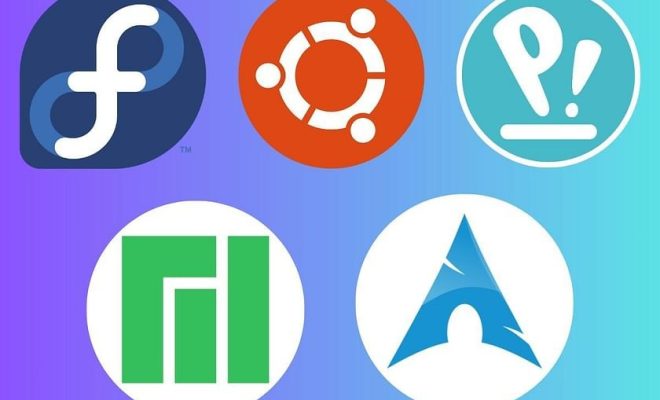How Starlink Got Mixed Up in the Brazil-X Feud

The ongoing conflict between Brazil and X, the social media platform formerly known as Twitter, took an unexpected turn when SpaceX’s Starlink satellite internet service was caught in the crossfire. The feud, stemming from X’s controversial decision to label Brazilian President Luiz Inácio Lula da Silva‘s posts as “manipulated media,” escalated rapidly, with the Brazilian government vowing to take action against the platform.
Starlink, known for its high-speed internet access even in remote areas, was initially hailed as a potential solution to Brazil’s digital divide. The Brazilian government even signed an agreement with SpaceX in 2022 to bring Starlink to the country. However, when the Brazilian government moved to regulate social media platforms, including X, Elon Musk, the CEO of both SpaceX and X, reacted by publicly criticizing Brazil’s actions.
The tension boiled over when X, under Musk’s leadership, blocked the account of Brazil’s Ministry of Communications, further escalating the conflict. This move, seen by many as a direct attack on the Brazilian government, fueled calls for boycotts and prompted speculation about the future of Starlink in the country.
The feud has now intertwined with the broader geopolitical landscape. Brazil, a key player in the South American region, is pushing for greater digital sovereignty, while X, under Musk’s direction, has been advocating for free speech and minimizing government intervention.
The entanglement of Starlink in this geopolitical drama has left many wondering about the future of the satellite internet service in Brazil. While Starlink’s potential for bridging the digital divide remains significant, the political turmoil surrounding its parent company has created a complex and uncertain environment. It remains to be seen how the feud will be resolved and what impact it will have on the future of Starlink’s operations in Brazil.




